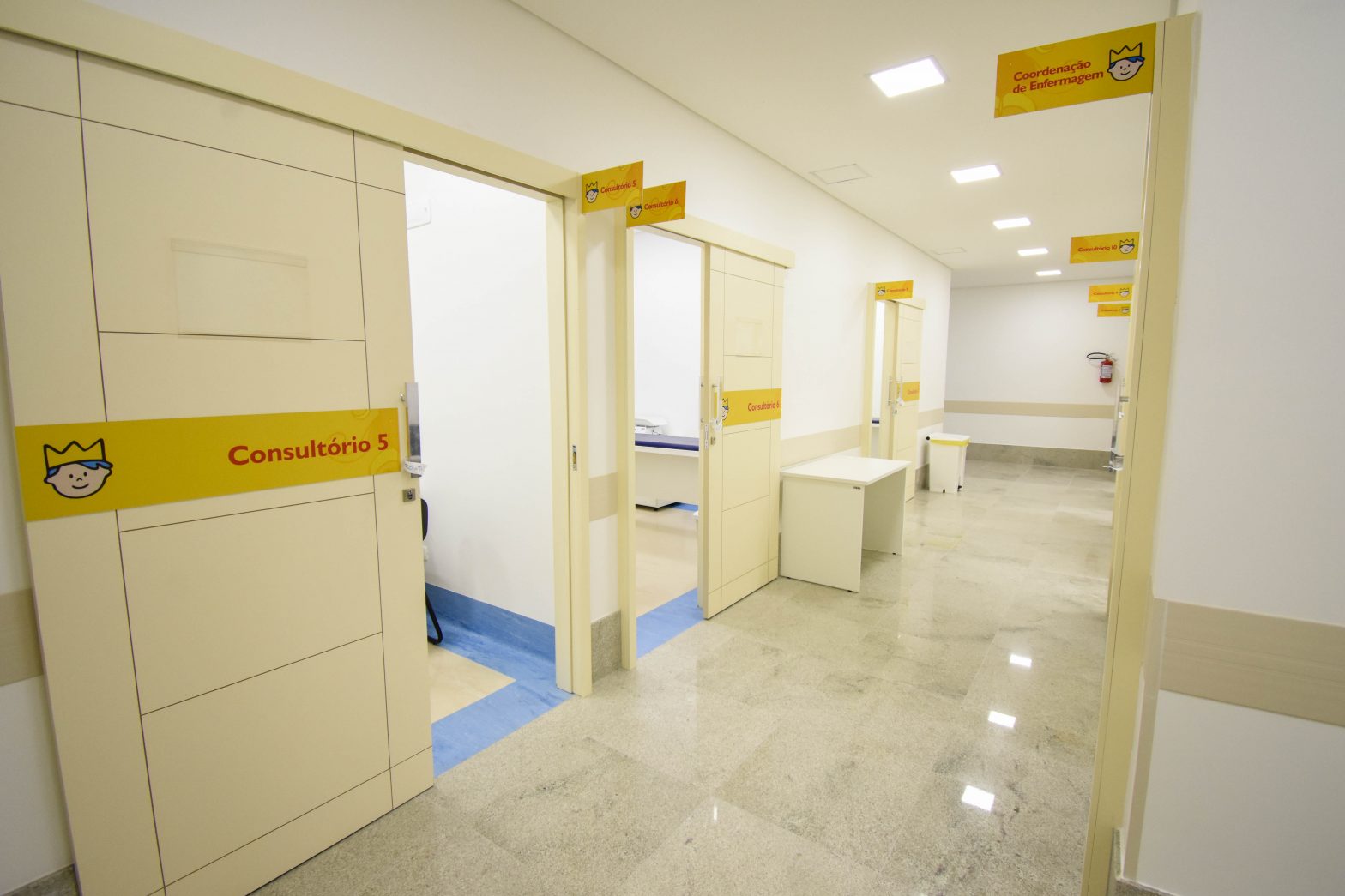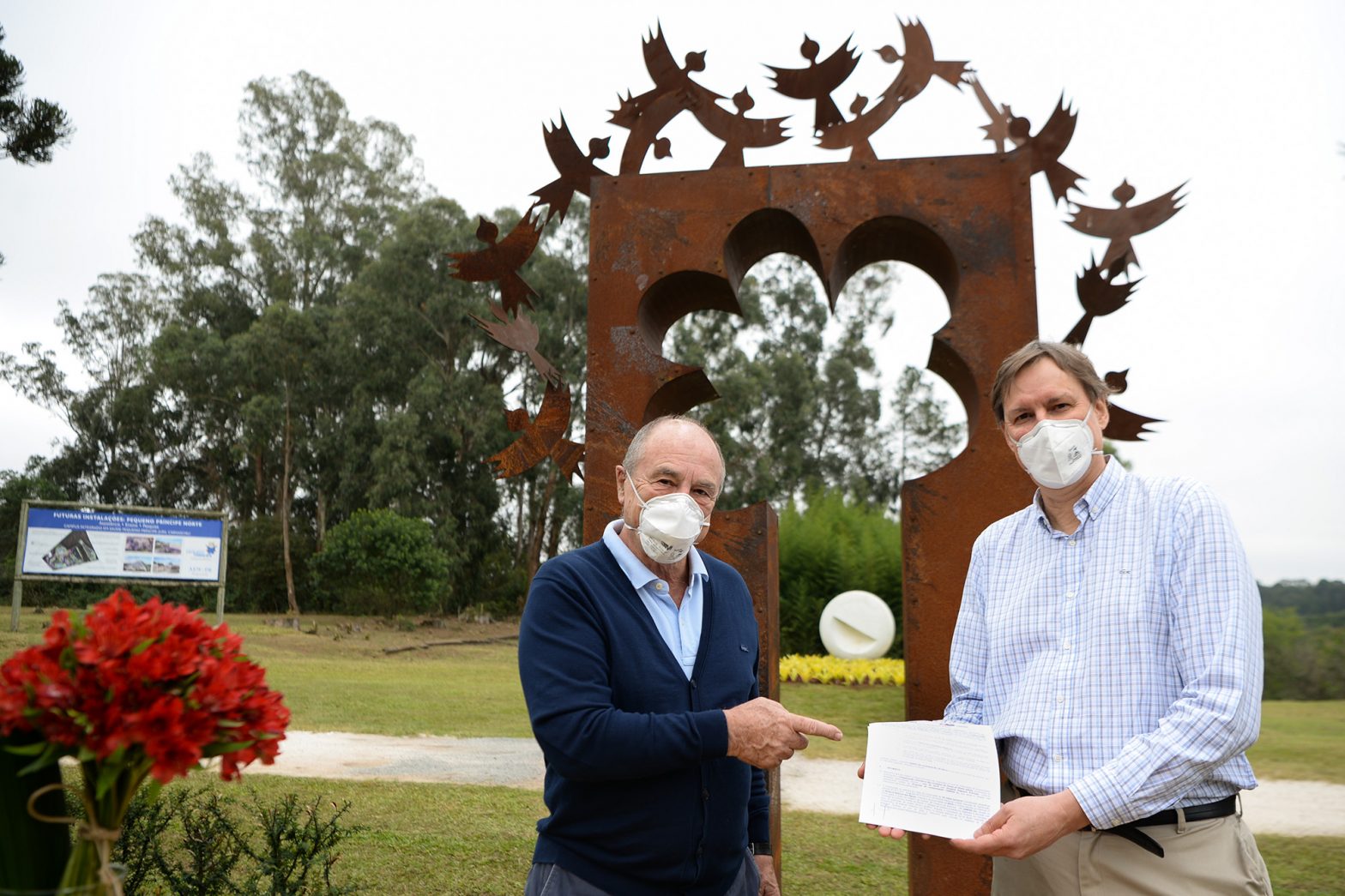Rare neurological surgery cures child who had over 100 convulsions a day
The family left Goiânia (state of Goiás) in search for treatment at Pequeno Príncipe Hospital for the little patient

As soon as Antonela arrived in the arms of her mother, Amanda Mesquita, to be breastfed for the first time, the family realized that there was something wrong with her. “We realized that something was happening, she had some spasms in her face, pulled the corner of her mouth back and seemed to be a bit dazed, but the doctor who was following us at the maternity hospital said there was nothing to worry about,” recalls Amanda.
The condition, however, was evolving and, when Antonela was 4 months old, the family recorded a seizure every 15 minutes, that is, about a hundred seizures a day. “There were days when I counted 150 convulsions. She had no quality of life,” explains her mother.

In Goiânia (state of Goiás), where they live, they sought medical specialists who prescribed four different medicines, but the seizures continued. The family then decided to seek help at the Rare Diseases Service of the Pequeno Príncipe Hospital, more than 1,200 kilometers away from their hometown.
At Pequeno Príncipe, the imaging exams of Antonela’s brain were redone and the doctors found a small tumor of two centimeters in the cerebellum, located in the back of the head. The tumor caused a rare type of epilepsy, with fewer than 50 cases reported worldwide.
Innovation
“At the time of surgery, we put an epilepsy sensor on top of the cerebellum and we didn’t detect a seizure. We then took a deep electrode and inserted it into the tumor. We waited for about 30 minutes and were able to document a seizure. With this, we proved that the convulsive crises were generated by the tumor,” says neurosurgeon Carlos Mattozo, responsible for the surgery, which was unprecedented in Brazil until then.

Based on this finding, the doctors removed the tumor, which was in a very delicate region. “Immediately after the removal of the tumor, the convulsions stopped. As it was very close to the brain stem, there was a risk of some injury. But, fortunately, we were able to cure the patient without leaving any sequelae,” emphasizes the doctor.
“Today Antonela is a child who plays normally, who is happy, who is developing in the best way possible. We are very happy with everything that has happened,” says the mother.
Learn more about Antonela’s story.
More
Emergency Room devoted to the Public Health System patients’ assistance is extended with funds from tax benefits
With ten consulting rooms, the area will give more privacy and comfort to patients and health professionals
Pequeno Príncipe Hospital offsets carbon emissions
The health sector represents 4.4% of the global emissions; Pequeno Príncipe is the second hospital in Brazil to offset its emissions








